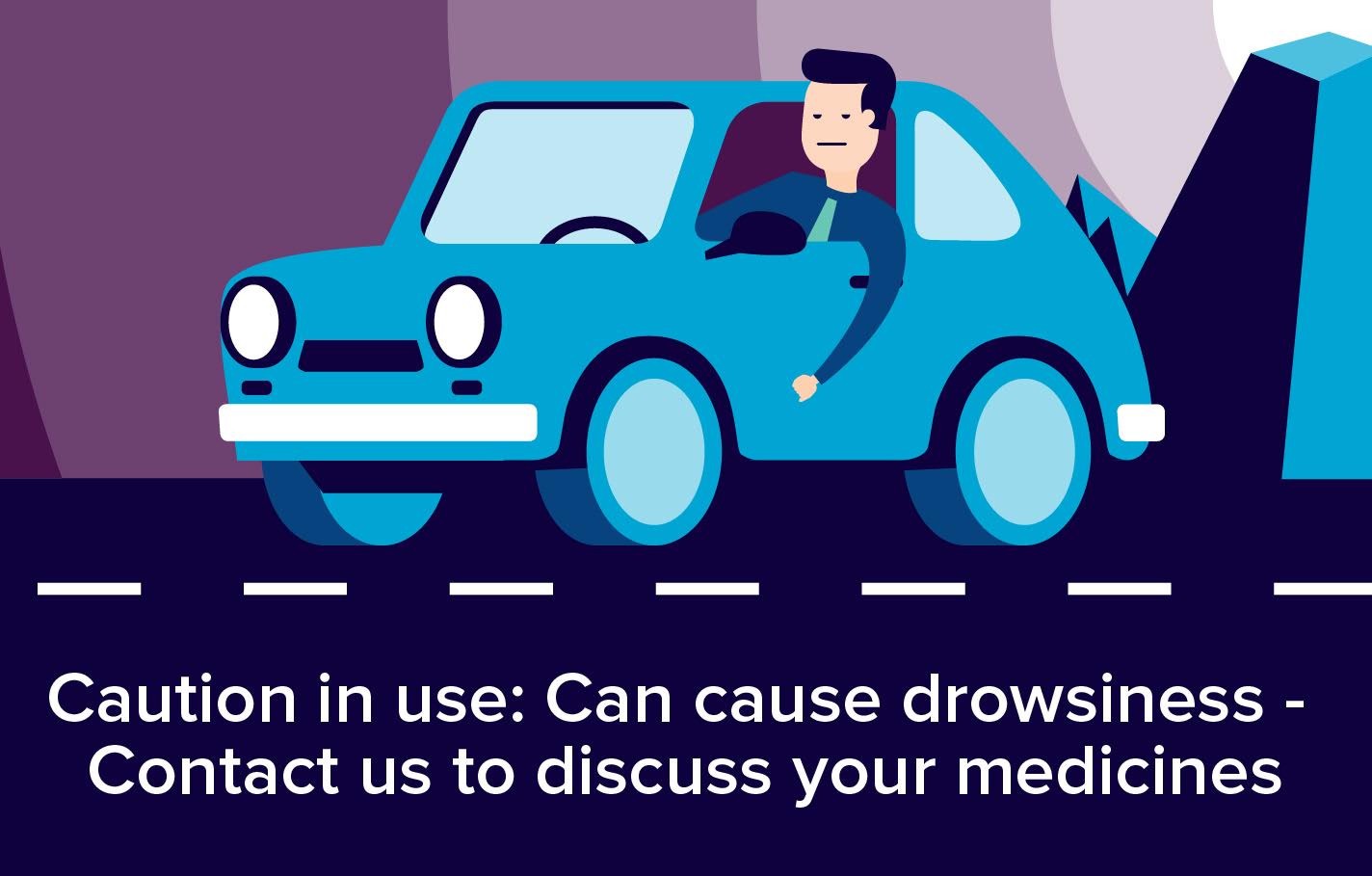Tenoretic (Atenolol/Chlorthalidone) tablets are used in the management of hypertension: This is a combination product (contains two drugs) which may be suitable for use when satisfactory control of blood pressure cannot be obtained with either drug is used alone.

Why have I been prescribed Tenoretic?
- Tenoretic (Atenolol/Chlorthalidone) tablets are used in the management of hypertension.
- This is a combination product (contains two drugs) which may be suitable for use when satisfactory control of blood pressure cannot be obtained with either drug is used alone.
How does it work?
- Tenoretic contains Atenolol which belongs to a family of drugs called Beta-Blockers.
- Beta-blockers cause a relaxation of the muscles of the heart.
- This helps to lower high blood pressure (hypertension) and lessens the pains of angina.
- Beta blockers can also have an effect on the lungs so it is important to tell your doctor if you are asthmatic.
- It also contains Chlorthalido
When and how do I take it?
Usually taken once a day. The tablets should be swallowed whole with some water.
What’s the dose?
One tablet contains 100mg Atenolol and 25mg Chlorthalidone. This is the usual dose.
Could they interact with other tablets?
Beta blockers may interact with quite a few other drugs:
- Any other treatment for high blood pressure or irregular heartbeats. This includes water pills (diuretics).
- Medicines that belong to the group called barbiturates e.g. phenobarabitone, amylobarbitone, quinalbarbitone and butobarbitone.
- Medicines for diabetes e.g. insulin
- Medicines for depression or psychological problems e.g. imipramine, chlorpromazine.
- Indomethacin which can be used to treat rheumatic disease and other disorders of the muscles and skeleton, gout and period pains.
- Medicines for coughs, colds, hayfever or sinus problems, as these may increase your blood pressure.
- Medicines that cause muscle relaxation e.g. succinyilcholine. Tubocurarine.
- If you go into hospital for an operation, tell the hospital staff that you are taking Tenoretic.
What are the possible risks or side-effects?
Like all medicines, Tenoretic may occasionally cause some unwanted effects.
Effects on Heart and Circulation:
- Common: low blood pressure (hypotension), slow heart beat, fainting, irregular heart beat, worsening of cardiac insufficiency. Worsening of angina attacks in patients with angina pectoris. Worsening of arterial diseases such as Raynaud’s syndrome.
Effects on Respiratory System (breathing):
- Breathlessness in patients with bronchospastic disease.
Effects on the Digestive System:
- Common: feeling or being sick, constipation and diarrhoea (these events usually stop after a short period of time).
Effects on the Nervous System:
- Common: tiredness, dizziness, headache, visual disturbances, sweating, drowsiness, confusion, hallucinations, psychosis, nightmares, increased dream activity, sleep disturbances, feeling low, pins and needles, cold sensations in the fingers or toes.
Effects on Reproductive System:
- Very rare: reduced libido (desire for sexual activity), impotence.
Effects on Body Chemicals:
- In patients with an over active thyroid, the signs of thyroid excess (e.g. tremour, fast heart beat) may not be as noticeable.
Effects on the Immune System:
- Common: allergic skin reactions (red, itchy or scaling of the skin)
Effects on Metabolism and Nutrition:
- Uncommon: diabetes in patients prone to the disease or worsening of diabetes. Raised blood sugar levels (the signs of this, for example tremor and fast heart beat, may not be noticed when taking Tenoretic). Possible changes in your cholesterol levels.
If you have kidney or liver problems your doctor should monitor you carefully during treatment with Tenoretic. Tell your doctor or pharmacist if you experience these or any other troublesome side effects.
Can I drink alcohol while taking it?
- It is safe to drink moderate amounts of alcohol while taking Tenoretic.
- Always ask your doctor or pharmacist first because this may depend on what other tablets you are taking.
What if I’m pregnant/breastfeeding?
- Tenoretic should not be used during pregnancy.
- Tenoretic should not be taken if breast feeding.
If you have any more questions please ask your Pharmacist.
Remember to keep all medicines out of reach of children
Please Note: We have made every effort to ensure that the content of this information sheet is correct at time of publish, but remember that information about drugs may change. This sheet does not list all the uses and side-effects associated with this drug. For full details please see the drug information leaflet which comes with your medicine. Your doctor will assess your medical circumstances and draw your attention to any information or side-effects which may be relevant in your particular case.
References:
http://www.rxlist.com/tenoretic-drug.htm
https://www.medicines.org.uk/emc/medicine/2302
http://www.medbroadcast.com/Drug/GetDrug/Tenoretic
http://www.drugs.com/cdi/tenoretic.html

